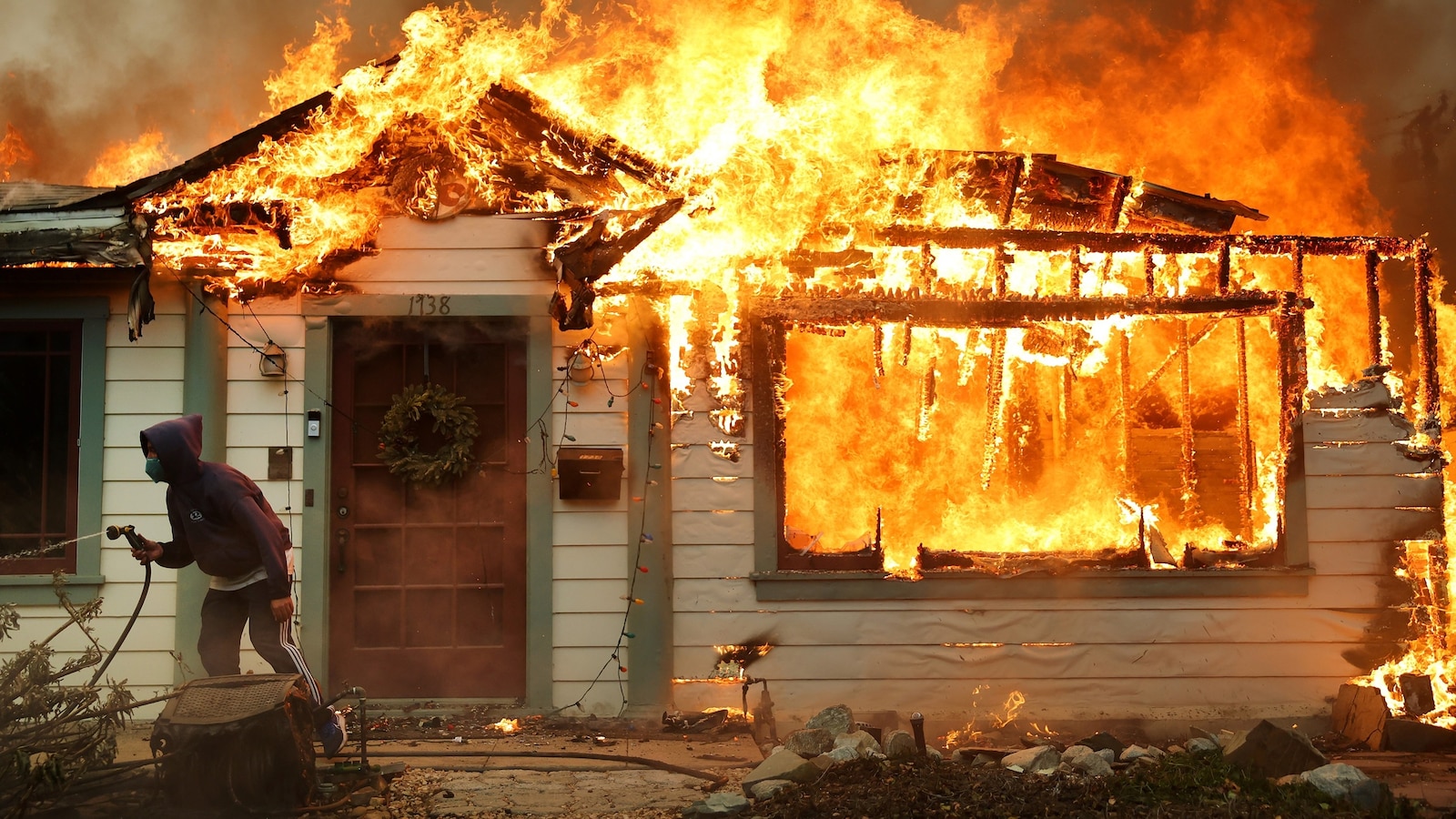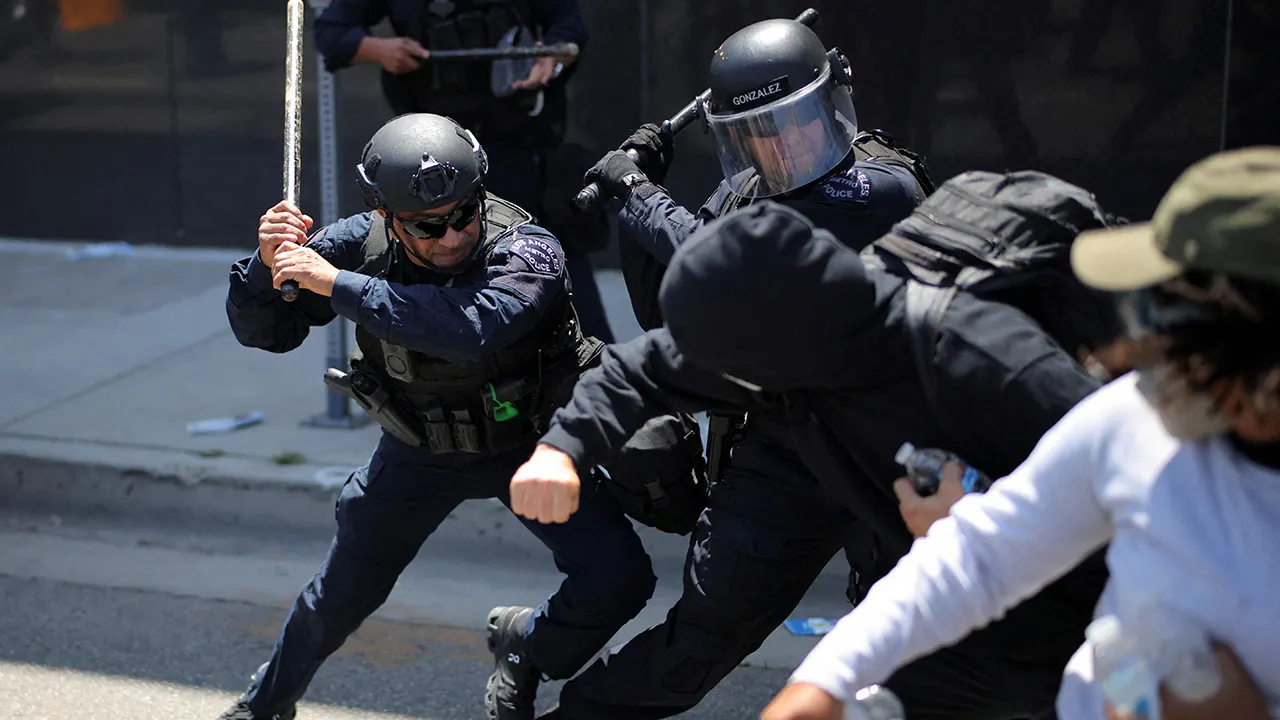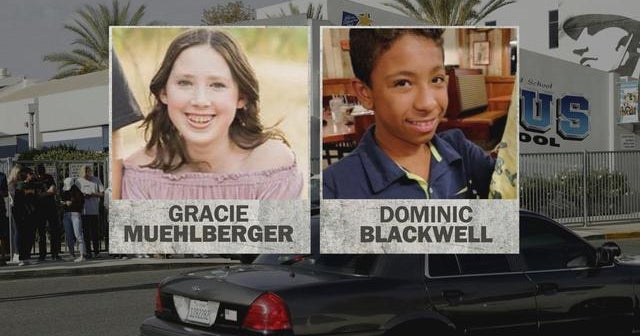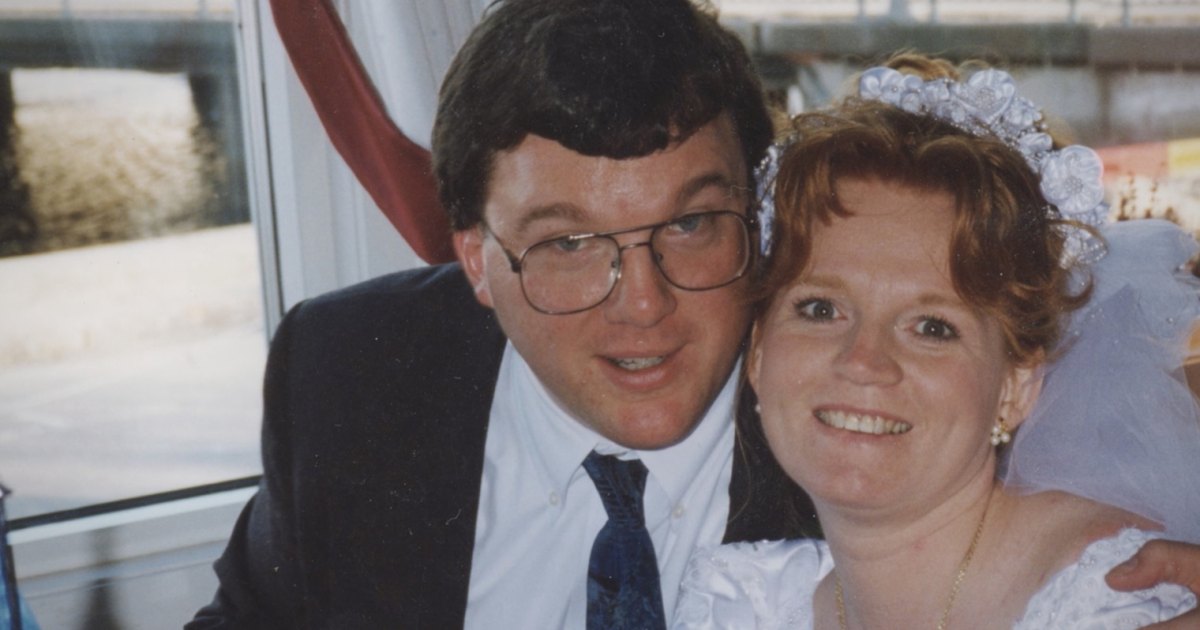Rising from the Ashes: A Community’s Response to California Wildfires
As California grapples with devastating wildfires, communities are banding together to support displaced victims. The impact of these wildfires is catastrophic, affecting lives, homes, and entire ecosystems. Yet, amid the destruction, stories of resilience, hope, and solidarity emerge, showcasing the indomitable human spirit. This article explores the initiatives launched to support those affected and how individuals can contribute to their recovery journey.
The Scale of the Challenge
California’s wildfires have become an annual occurrence, exacerbated by climate change, drought conditions, and increasing urban development in wildfire-prone areas. The 2023 wildfire season has been particularly brutal, with thousands of acres scorched and countless families displaced. According to the California Department of Forestry and Fire Protection (Cal Fire), the state experienced over 8,000 fire incidents this year alone, destroying homes, wildlife habitats, and critical infrastructure.
The emotional toll on victims cannot be overstated. Families are left to pick up the pieces, often with nothing more than the clothes on their backs. Schools, businesses, and community centers also suffer losses, further complicating recovery efforts.
Community Initiatives: A Collective Response
In the face of adversity, communities across California have risen to the occasion, demonstrating incredible resilience and compassion. Local organizations, government agencies, and volunteers have come together to create a safety net for those in need. Here are some of the key initiatives:
- Emergency Shelters: Many communities have opened emergency shelters, providing safe havens for those evacuated from their homes. These shelters offer not just a roof over their heads but also meals, medical aid, and emotional support.
- Food Drives: Organizations like the California Food Bank have ramped up efforts to distribute food to wildfire victims. Community members are encouraged to donate non-perishable items and funds to ensure that those affected have access to nutritious meals.
- Donation Centers: Local churches, schools, and community centers have set up donation centers where people can drop off clothing, toiletries, and household items. These donations are crucial in helping families rebuild their lives.
- Financial Assistance Programs: Nonprofits and government programs are offering financial aid to those who have lost everything. This assistance can help cover immediate needs such as housing, medical expenses, and basic living costs.
How Individuals Can Make a Difference
While large organizations play a critical role in disaster response, individual contributions can also make a significant impact. Here are some ways you can help:
- Volunteer Your Time: Many local organizations rely on volunteers to assist with distribution efforts, shelter management, and emotional support. Your time and skills can be invaluable to families in need.
- Donate Financially: Consider making a financial contribution to reputable organizations that are actively involved in wildfire relief efforts. Even small donations add up and can provide crucial support.
- Spread Awareness: Share information about ongoing relief efforts on social media platforms. Increasing public awareness can lead to more donations and volunteers stepping forward to help.
- Offer Housing: If you have extra space, consider offering temporary housing to displaced families. Platforms like Airbnb often have options for hosts to provide free or discounted stays during times of crisis.
Long-Term Recovery and Rebuilding
The road to recovery is long and winding. While immediate relief efforts are vital, long-term recovery strategies are essential to ensure that affected communities can rebuild sustainably. Initiatives include:
- Community Planning: Local governments are focusing on creating fire-resilient communities through better land management, infrastructure improvements, and stricter building codes.
- Mental Health Support: The psychological impact of wildfires can linger long after the flames are extinguished. Mental health resources and counseling services are being prioritized to help individuals cope with trauma.
- Environmental Restoration: Restoration projects are crucial in rehabilitating damaged ecosystems. Community groups and environmental organizations are working together to replant trees, restore habitats, and mitigate future wildfire risks.
Lessons Learned: Preparing for the Future
The increasing frequency and intensity of wildfires in California underscore the urgent need for preparedness and prevention. Communities are learning from past experiences, implementing strategies to minimize risks and enhance resilience. Here are a few lessons learned:
- Emergency Preparedness Plans: Families are encouraged to create emergency plans that include evacuation routes, communication methods, and emergency supplies. Being prepared can save lives and property.
- Community Engagement: Building strong community ties can facilitate quicker responses in times of crisis. Neighborhood watch groups and local organizations should work together to foster community spirit and readiness.
- Advocating for Policy Changes: Citizens can influence local and state policies to prioritize wildfire prevention and response strategies, ensuring that resources are allocated where they are needed most.
Conclusion: A Path Forward
As California continues to face the repercussions of wildfires, the resilience and determination of its communities shine through. The collective response to these disasters reminds us that even in the darkest times, there is hope. Through solidarity, compassion, and proactive measures, communities are working tirelessly to support displaced victims and rebuild their lives.
Whether through volunteering, donating, or simply spreading awareness, everyone has a role to play in this recovery journey. Together, we can rise from the ashes, creating a stronger and more united California ready to face the challenges ahead.
See more CNN Headline



